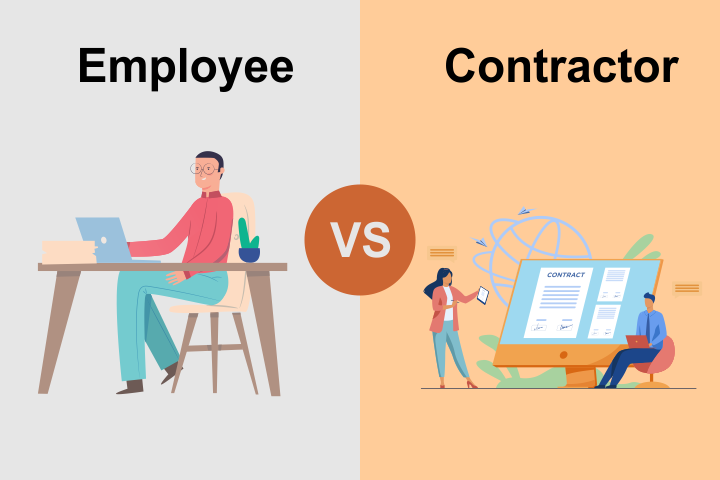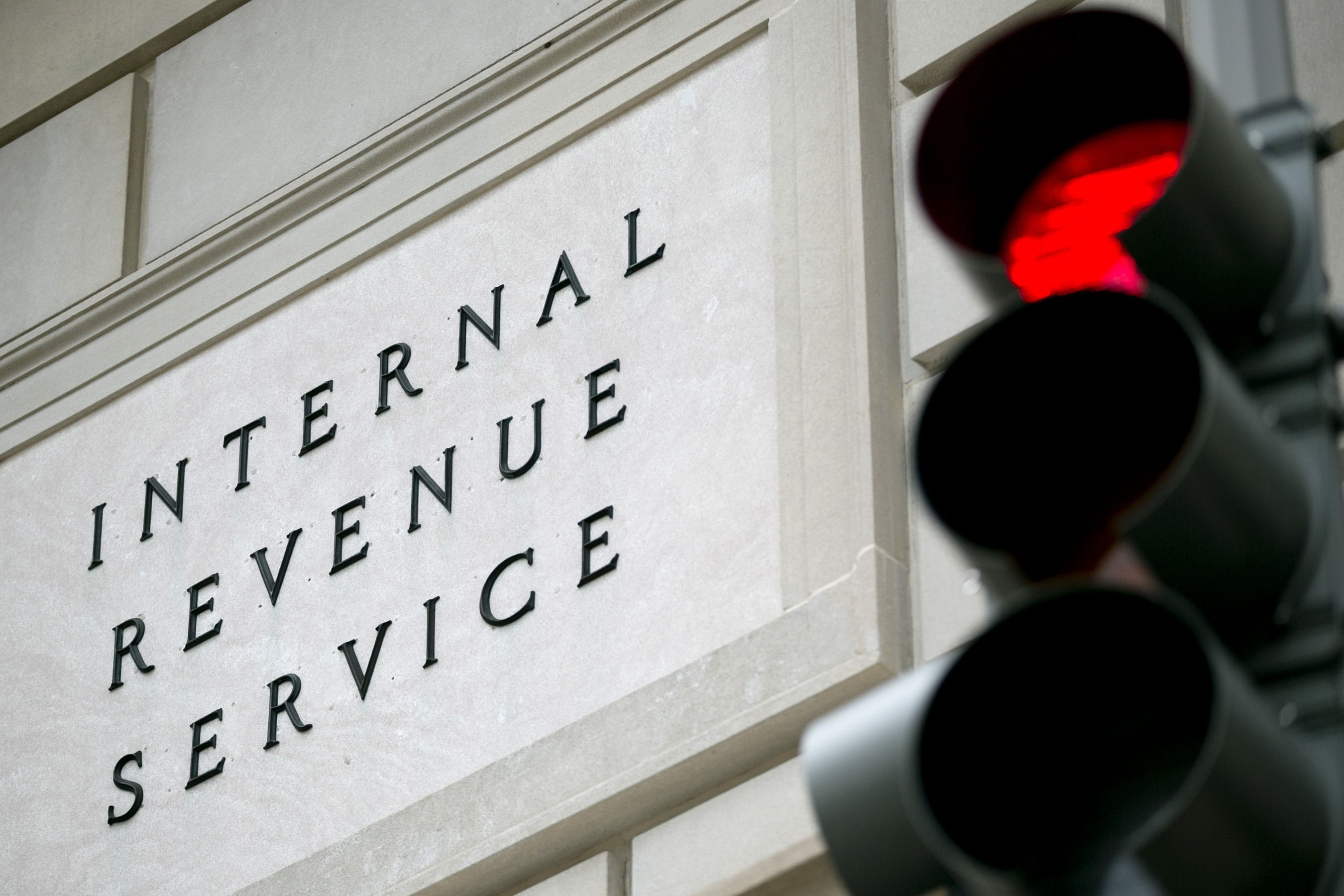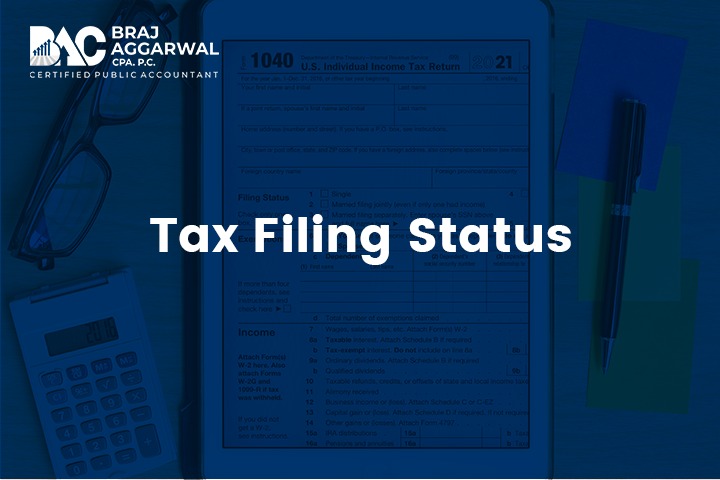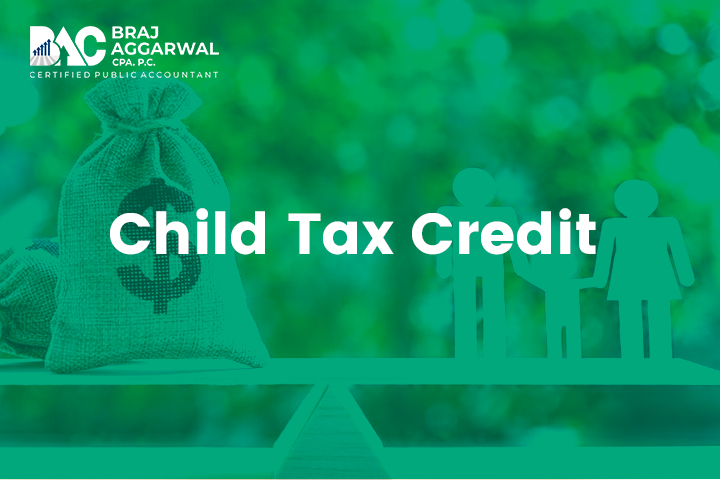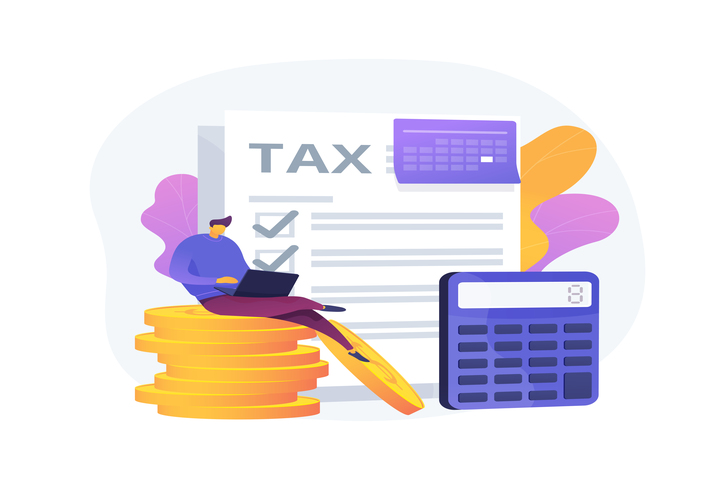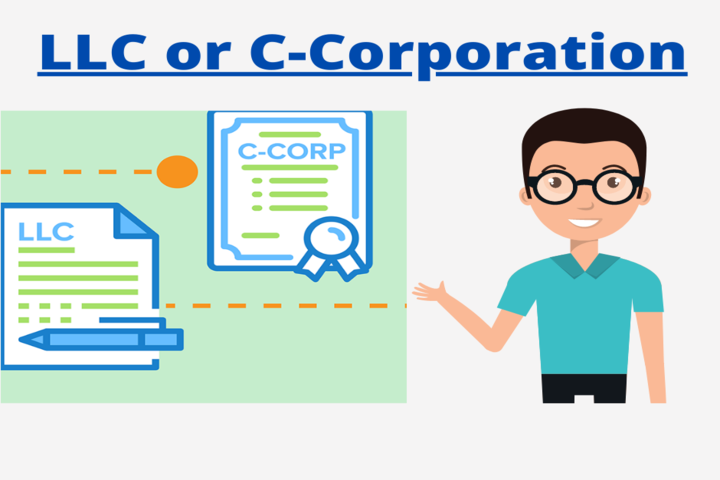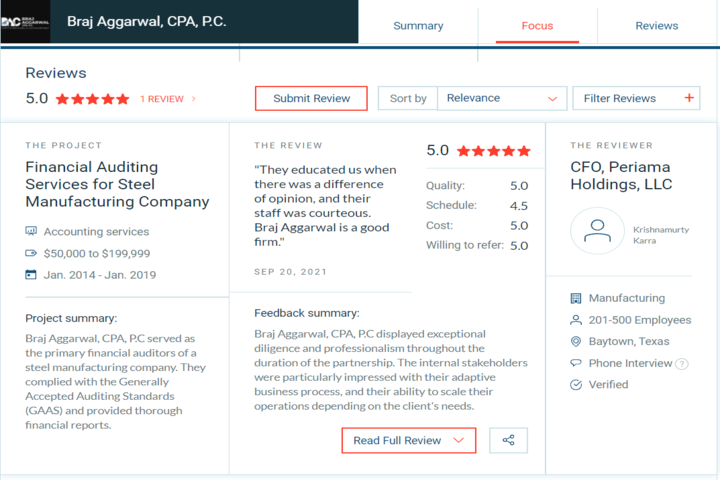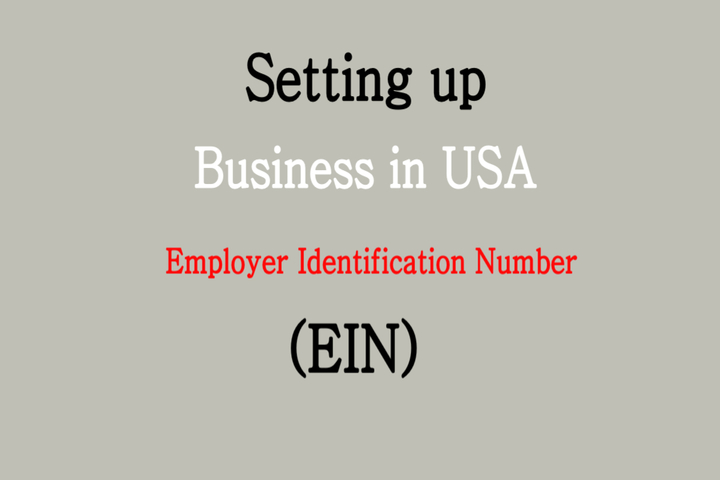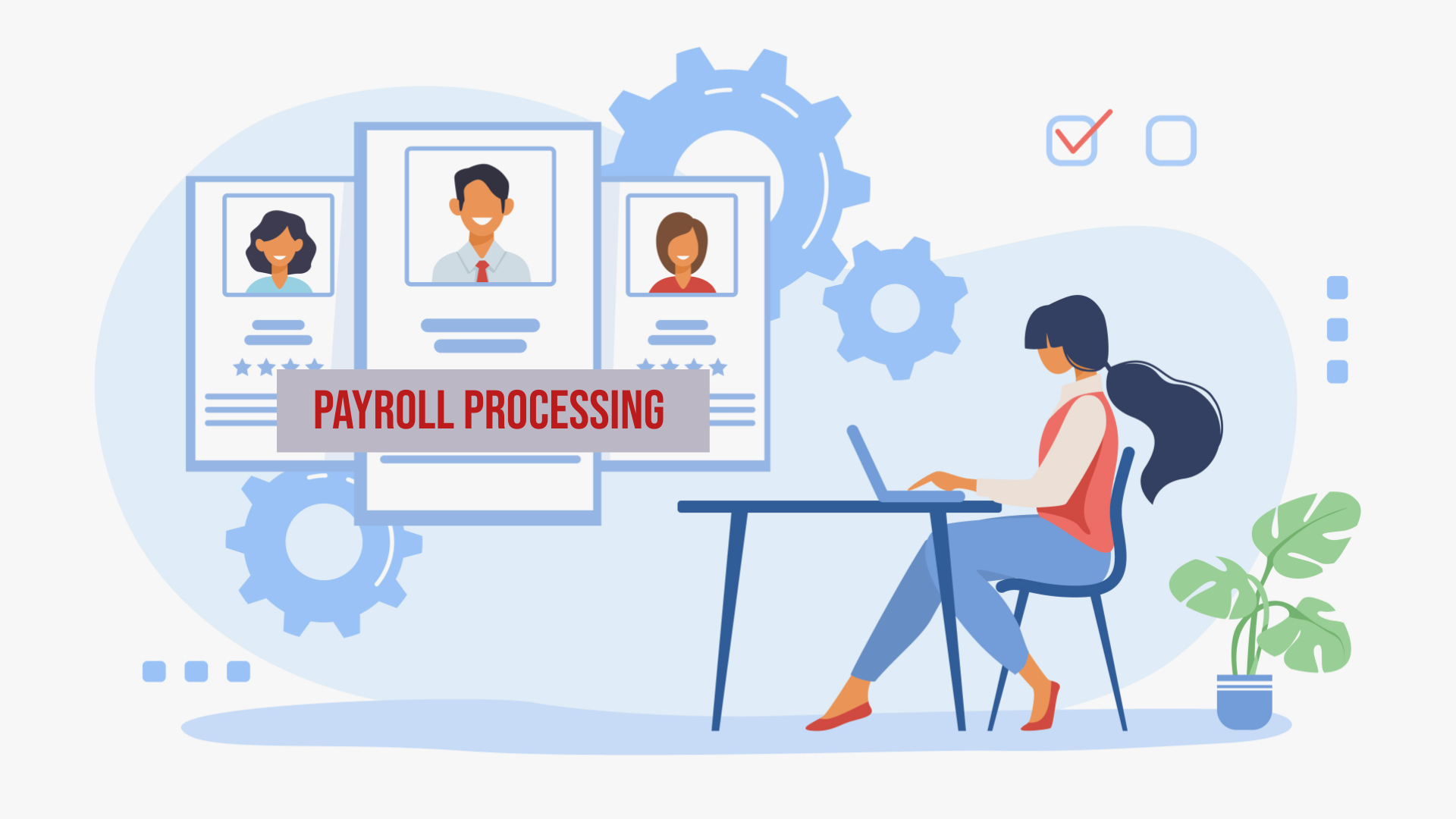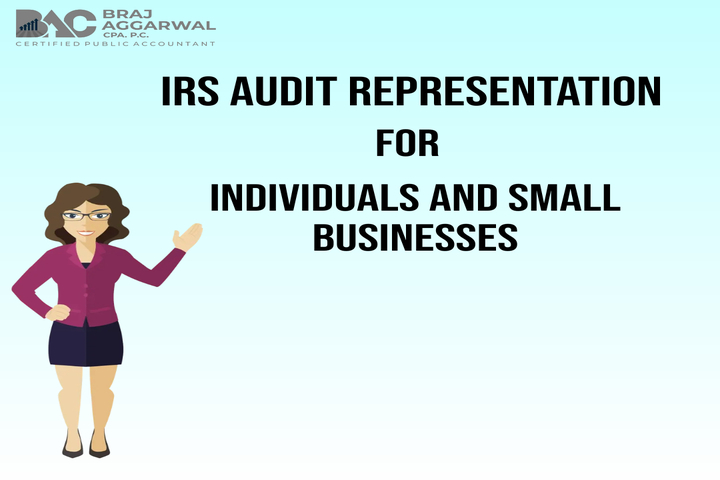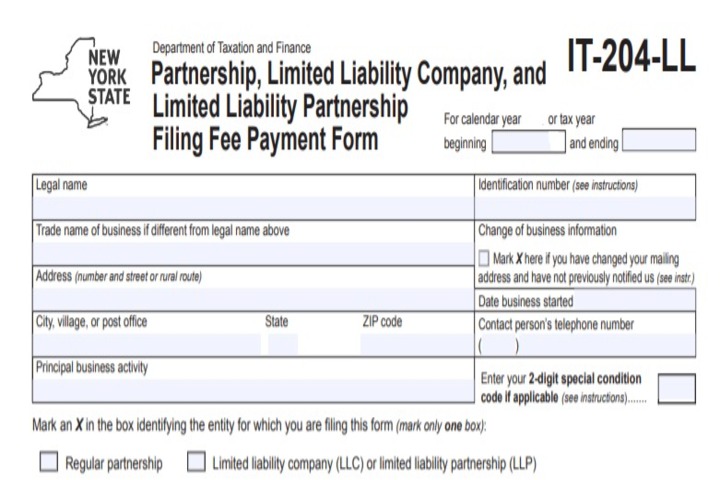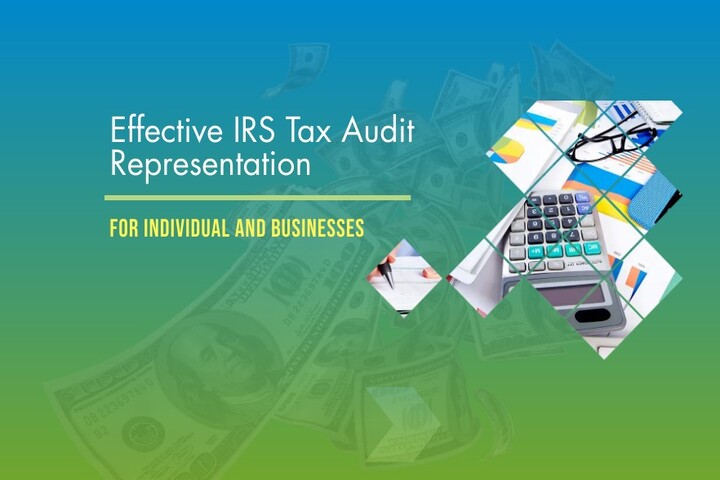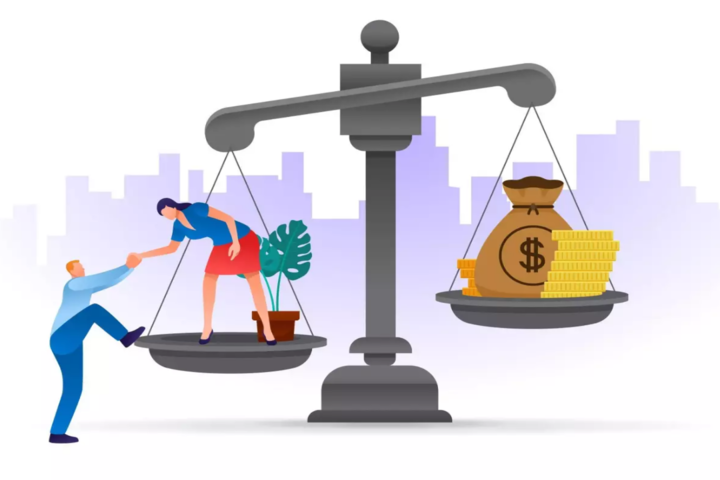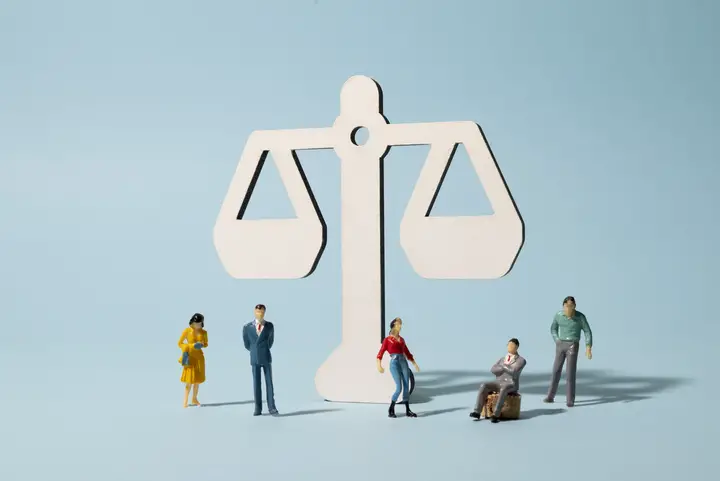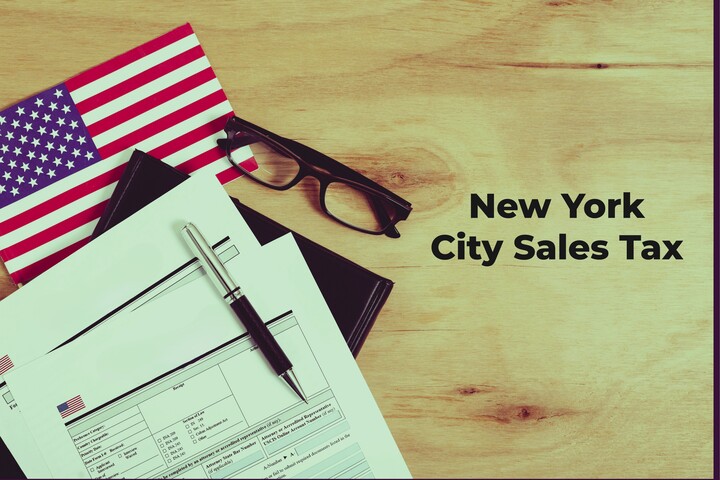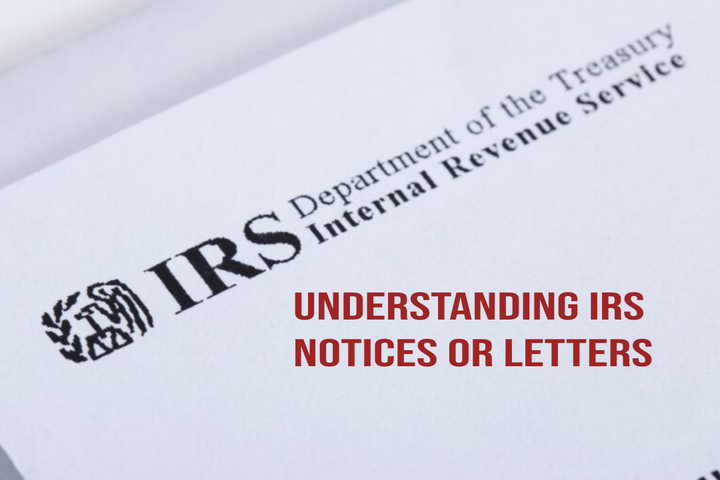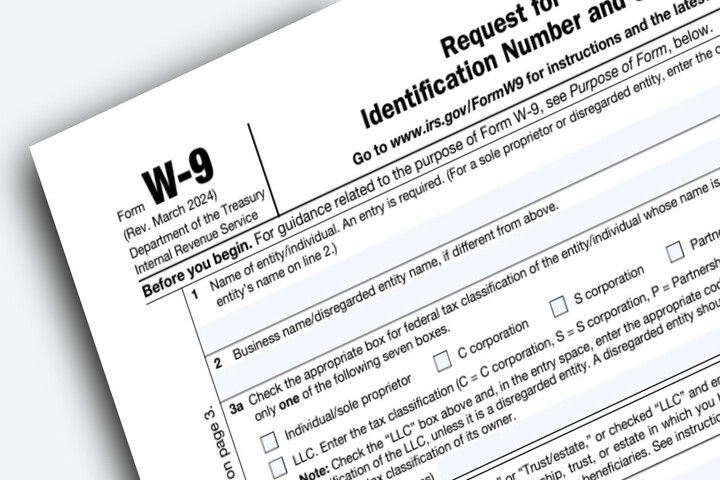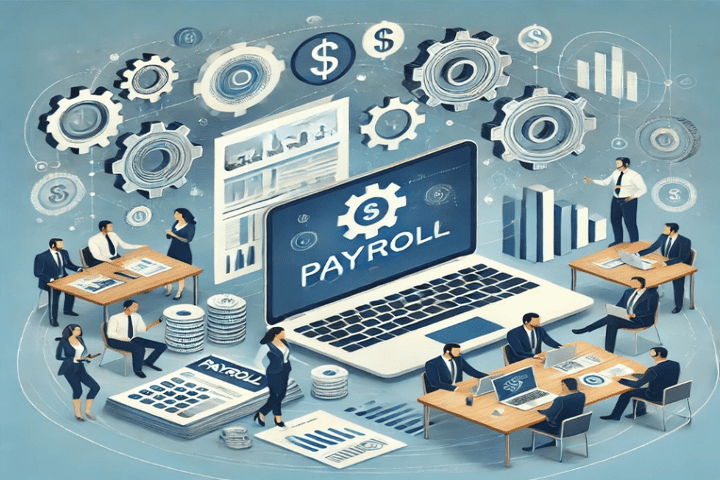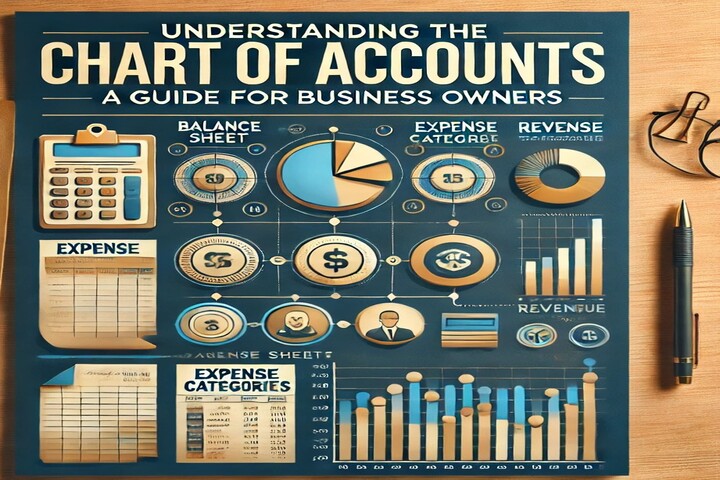Understanding Wages Parity and Its Benefits for Individuals and Businesses

Wages parity, also known as pay equity or wage equality, is the principle of ensuring that individuals receive fair compensation for their work, regardless of their gender, race, or other characteristics. It is a fundamental aspect of social justice and a critical issue in the workplace.
What is Wages Parity?
At its core, wages parity means that two individuals performing the same job, with the same responsibilities, skills, and qualifications, should be compensated equally, regardless of any personal characteristics. This means that wage gaps based on gender, race, ethnicity, age, disability, or any other factors that should not influence compensation decisions should be eliminated.
Why Does Wages Parity Matter?
There are many reasons why wages parity matters. Here are some of the most important:
Promoting equality: Wages parity is essential for promoting equality in the workplace. When all employees are paid fairly for their contributions, it helps to break down systemic barriers that have historically led to pay disparities among different groups.
Economic justice: Wages parity is not just a social issue, but also an economic one. When individuals are paid unfairly, it can lead to financial instability, increased poverty rates, and a less productive workforce. Closing the wage gap benefits both individuals and the economy as a whole.
Attracting and retaining talent: Companies that prioritize wages parity are more likely to attract and retain top talent. When employees feel that they are being compensated fairly, they are more motivated and engaged in their work, leading to higher job satisfaction and lower turnover rates.
Benefits of Wages Parity for Individuals
Wages parity has many benefits for individuals, including:
Financial security: When individuals are paid fairly for their work, they are more likely to be financially secure. This can help them to meet their basic needs, save for the future, and build wealth.
Increased motivation and productivity: When employees feel that they are being compensated fairly, they are more motivated and productive in their work. This can lead to higher job satisfaction and better performance.
Reduced stress and anxiety: When individuals are not worried about their financial security, they are less likely to experience stress and anxiety. This can have a positive impact on their physical and mental health.
Benefits of Wages Parity for Businesses
Wages parity also has many benefits for businesses, including:
Increased productivity: When employees are motivated and productive, they can help businesses to be more successful.
Reduced turnover: When employees feel that they are being treated fairly, they are less likely to leave their jobs. This can save businesses money on recruiting and training costs.
Improved reputation: Businesses that are committed to wages parity have a better reputation with their employees, customers, and investors. This can help them to attract and retain top talent and attract new customers.
Steps to Achieve Wages Parity
Achieving wages parity is a complex and ongoing process, but there are a number of steps that can be taken to make progress. These include:
Transparency: Businesses should be transparent about their compensation practices. This means disclosing the factors that are taken into account when setting pay, such as job title, experience, and performance.
Equal pay legislation: Governments should enact and enforce equal pay laws. These laws make it illegal to pay different wages for the same work based on gender, race, or other protected characteristics.
Diversity and inclusion initiatives: Businesses should implement diversity and inclusion initiatives that aim to create a more equitable workplace. This includes hiring and promoting employees from all backgrounds and providing training on unconscious bias.
Education and advocacy: Individuals and organizations should raise awareness about wages parity issues. This includes educating the public about the importance of equal pay and advocating for change through grassroots movements, social media campaigns, and lobbying efforts.
Conclusion
Wages parity is not just a lofty ideal, it is a fundamental right that everyone deserves. Achieving wages parity requires the concerted efforts of individuals, organizations, and governments. It is a journey towards creating a fair and just society where individuals are compensated based on their abilities, contributions, and hard work, rather than on factors beyond their control.
If you are searching or planning to hire top rated Wage Parity Audit Services provider CPA firm in New York then Braj Aggarwal, CPA, P.C. firm is the best option for your wage parity audit.


